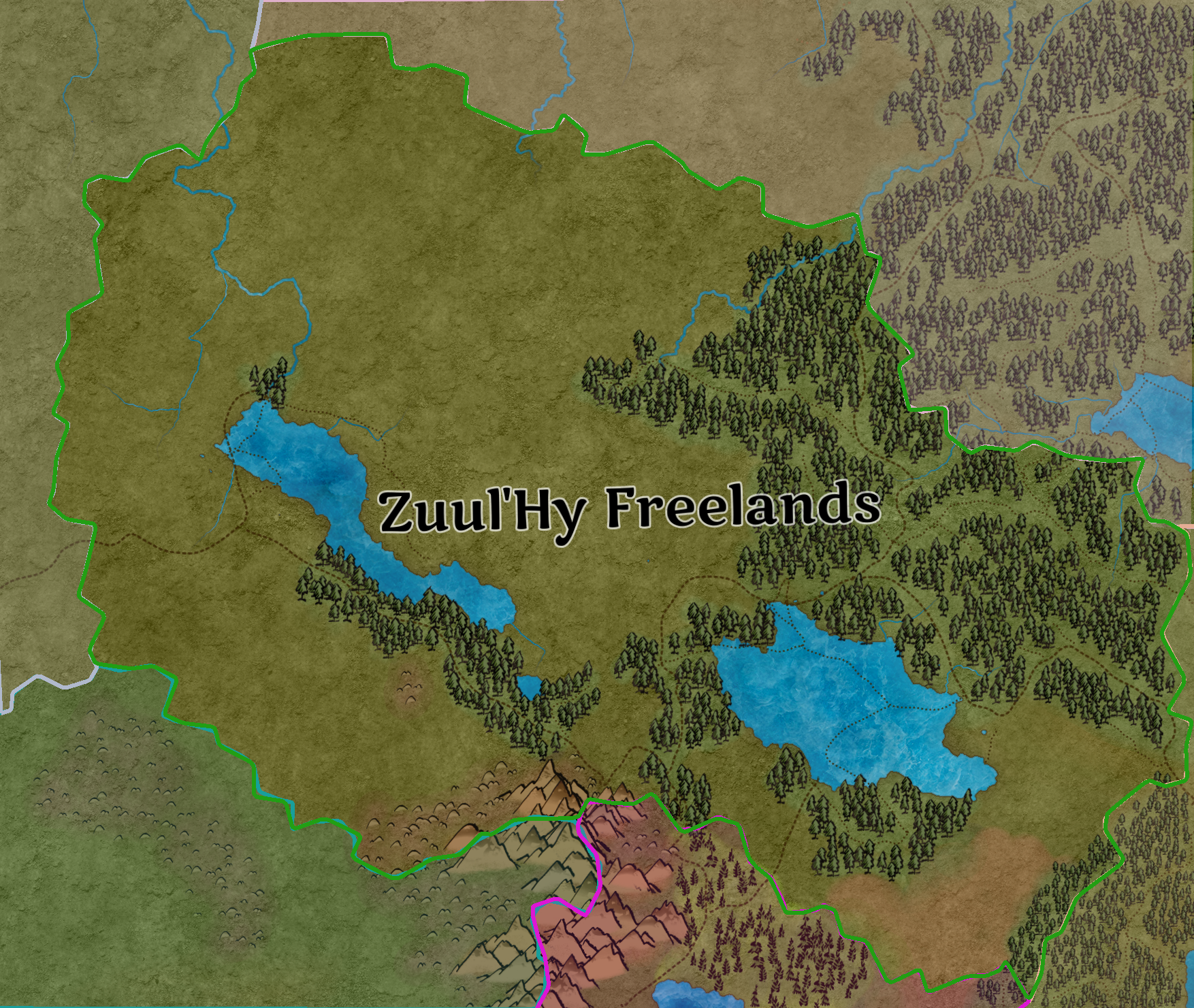Societal & Cultural Norms
Values
As a people, the ja'nakh demonstrate a surprisingly strong moral character with unswerving opinions around right and wrong, good and evil. They fiercely value community, family, hard-work, integrity, honor, loyalty, respect, and service. If forced to choose, most ja'nakh will prioritize the good of any community in which they have chosen to reside over their own interests.
Beauty
One cannot speak of the ja'nakh without highlighting their mesmerizing, long flowing manes. They go to great lengths to display them as a source of pride. Manes and tails represent a significant facet of attractiveness in ja'nakh culture.
Gender & Age
The ja'nakh tend to be egalitarian in regards to gender, seeing no difference between males and females or the roles they hold in the community. Age however, tends to be a much larger influence, where great deference and respect are attributed to elders. Some ascribe this cultural belief to their close proximity and extensive servitude of the dwarven people, who hold age in high regard. Others cite this as part of the reason the ja'nakh so willingly served, and refused to rebel against, their long-lived elven masters.
Relationships
With their strong commitment to family and community, the ja'nakh are largely monogamous, seeing themselves as devoted to the care and protection of their chosen family.
Lineage
Ja'nakh lineage is particularly complex and confusing to many outsiders. Where most societies in Gokrenxia trace their family lines paternally or maternally, the ja'nakh people trace lineage through coloration. That is, whichever parent the color of a child's coat most closely matches is the one through whom they trace their heritage. Thus at birth all members of ja'nakh society are considered descended from and related to one of the four color groupings: black, red-brown, yellow-gold, or gray-white. This commonly leads to situations where traditional "brothers" and "sisters" of different coat colors may claim completely different lineages.
History
The First Age: The Backbone of the Empire
True to their imperial names, the ja'nakh were considered the silent backbone of the Empire. It was on the shoulders of ja'nakh slaves the Empire was constructed. With the combination of their exceptional strength, stamina, and constitution, the ja'nakh were well suited for long and grueling hours of manual labor, toiling under the blazing sun. Further, with their cultural identity emphasizing honor, loyalty, respect, and service, they were rarely, if ever considered a threat to their masters even when subjected to undue hardships.
The Great War
Trickery and stealth. A complete disregard for life. Rebellion. Betrayal. Disgrace. Dishonor. The actions taken by their kynekin cousins under
Amari Wa'la's banner of freedom broke the heart of the ja'nakh peoples. While some who had experienced greater suffering joined the rebellion, most ja'nakh - unless ordered to fight by their myndikin masters - preferred to remain out of the war. This led to some kynekin resentment in the early years of the war, but largely dissipated in the post-war years.
Ja'nakh neutrality came to the forefront at the signing of the
Thee'nor Accord, when the tribes were granted authority over the expansive plains region which would come to be known as the
Zuul’Hy Freelands. They were tasked to police this territory as a buffer zone between the kynekin peoples and the remnants of the empire in the lands of
Lysandre,
Al'Jymoor, and
Shavomyr. In return they agreed to forego any opportunity to hold positions of power within the courts of any kingdom in Gokrenxia, regardless of whether they are kynekin or myndikin.
The Second Age: Protectors of the Freelands
The rich and vibrant modern culture of the ja'nakh in the Second Age is unique among the races of Gokrenxia and serves as a fascinating study in the blend of tradition and change. Where many of the kynekin races - and even some of the myndikin - sought to cast off the yoke of any tradition that smacked of imperial oppression, the ja'nakh retained many customs from the First Age. In ja'nakh thought, remembering their past - both the good and the bad - is impossible to separate from their identity.
They have embraced their role as protectors of the Freelands with an endless throng of
plainswalkers roaming within their borders and ensuring no kingdoms attempt to violate the neutrality established by the Thee'nor Accord.




I'm a fan! I think horses are some of the most graceful beings, and while I have centaursm I never considered having a race with a horse head! Great idea! I also love that while loyal and not fighting, they ended up becoming independent kind of by accident. I assume the former masters must have lost pretty badly for them to not try and keep their slaves? Or did the rebels not want to leave the masters with such a strong workforce?
Thanks so much ImoenKim! Indeed, the elven empire was decimated in the eight years called the "Great War," which ushered in the Second Age. Sixty years later, slavery does still exist in the remnants of the empire, but resources are far more scarce these days and overpopulation has become a major problem for the "new empire," making it a careful balancing match.